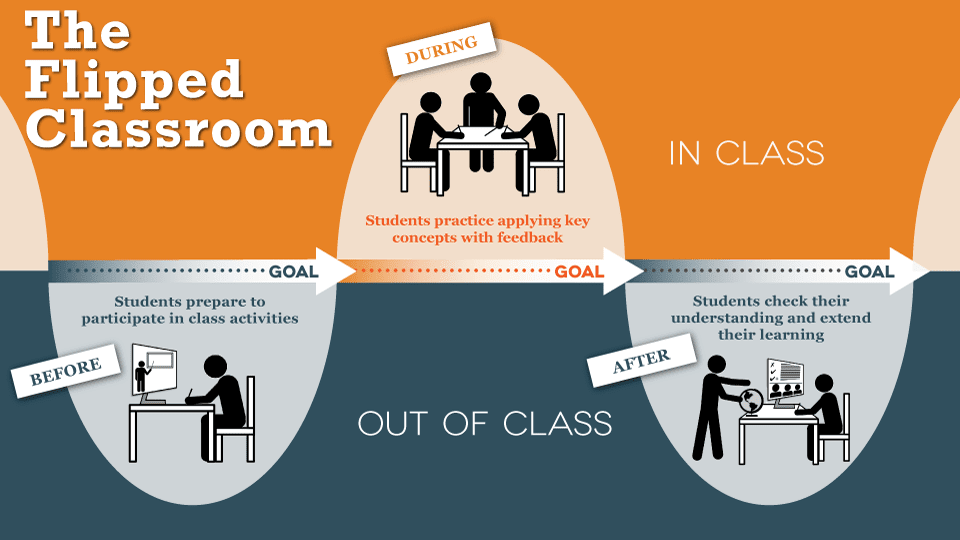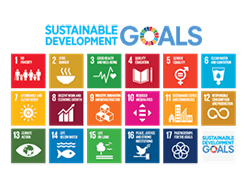Article by: Manjot Singh Matta
Published By: India Today Web Desk, New Delhi, February 27, 2019
With the launch of Operation Digital Blackboard on February 20, 2019, by HRD Minister Prakash Javadekar, a new word entered in the education dictionary — ‘flipped learning’. The concept is very innovative and futuristic. Flipped learning is a concept wherein students focus on shorter duration video lectures and other content before entering the traditional classroom arena. When they enter the classrooms with the prior knowledge of the concept, the learning becomes more of an interaction and collaborative process.
What does ‘flipped learning’ entail?
Flipped learning focuses on active engagement and pedagogy approach of facilitation, organic processing and dissemination of ideas and concept.
Its main thrust is on deeper learning strategy, peer discussions and enhancing problem-solving techniques.
Flipped learning empowers young minds to:
1. Take ownership for their learning and instant learning outcomes.
2. Get better performance results and academic pursuits on tests as was observed in social experiments at University of Texas
3. Be more interested and engaged with the learning content facilitated by:
- Video collection
- PowerPoint formatting
- Classroom discussion
- Instructor/receiver discussion
4. Adapt to differential content delivery and feel more synergy with the content.
Challenges ahead
With 15 lakh schools and 50,000 educational institutions, flipped learning would be a great learning and active engagement experience in India. But with the infrastructure challenges in Indian schools, it needs to be seen whether it is practically possible to implement this concept.
Our government schools, barring a handful of Kendriya Vidyalayas and Navodaya Vidyalayas, suffer from dismal physical infrastructure, low student teacher ratio, low learning and academic outcomes.
Yet, despite reports like that of ASER pointing out the issues year after year, new schemes and education concepts are thrown at students struggling to navigate their education.
The main problem in India, Bangladesh and other developing countries is the large digital divide, slow Internet penetration, and inept administration.
Various digital schemes like SWAYAM, E-Pathshala are already in the offing but no follow up audits and data driven reports have proven their efficacy.
Commenting about Operation Blackboard, Beas Dev Ralhan, CEO and Co- Founder, Next Education Pvt.Ltd says, “Lack of internet access to far away areas and inadequacy of Internet and Communication(ICT) skills will prove major hindrances to bridge the learning gaps of children and ensure penetration of access to quality education.”
“Unawareness of importance of digital learning in India and its integration with new- age technologies with material learning are major challenges, he added, saying that its successful implementation will ensure creative and collaborative skills in children all over the country.
Further, he added, “The flipped learning model is entirely different from traditional pedagogical approach as it introduces students to e-learning materials to utilise therm for in-depth classroom discussions and hands- on activities to reinforce learning.”
How can India implement flipped learning?
Flipped learning needs to be fine-tuned according to the Indian standards of diversity, education quality and the standards of our teachers.
For an estimated 2 lakh classrooms, the budgetary cost is estimated at Rs 2000 crores. Operation Digital Blackboard will abe implemented as a Central scheme, as a loan from HEFA(Higher Education Financing Agency), a joint venture of Ministry of HRD and Canara Bank.
Knowledge construction, evaluation and employability skills should be the key to a prosperous to an exhausting demographic dividend.
“Any new social experiments like adaptive learning, gamification, cooperative learning are welcomed by the education fraternity but looking at the social realities, each new process of learning takes time to percolate down and yield positive outcome for India.
Hope, this praiseworthy initiative empowers students, teachers and entire educational scenario of the country.


